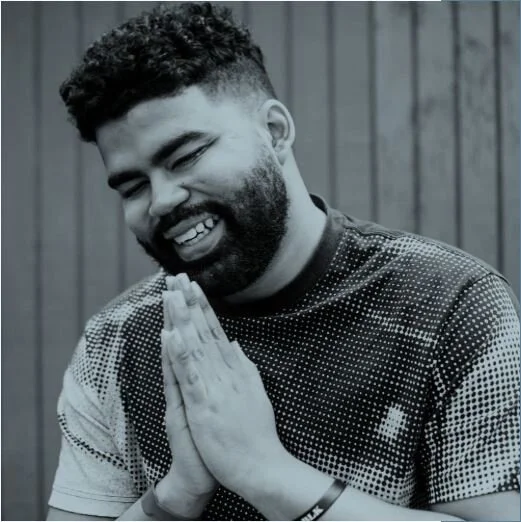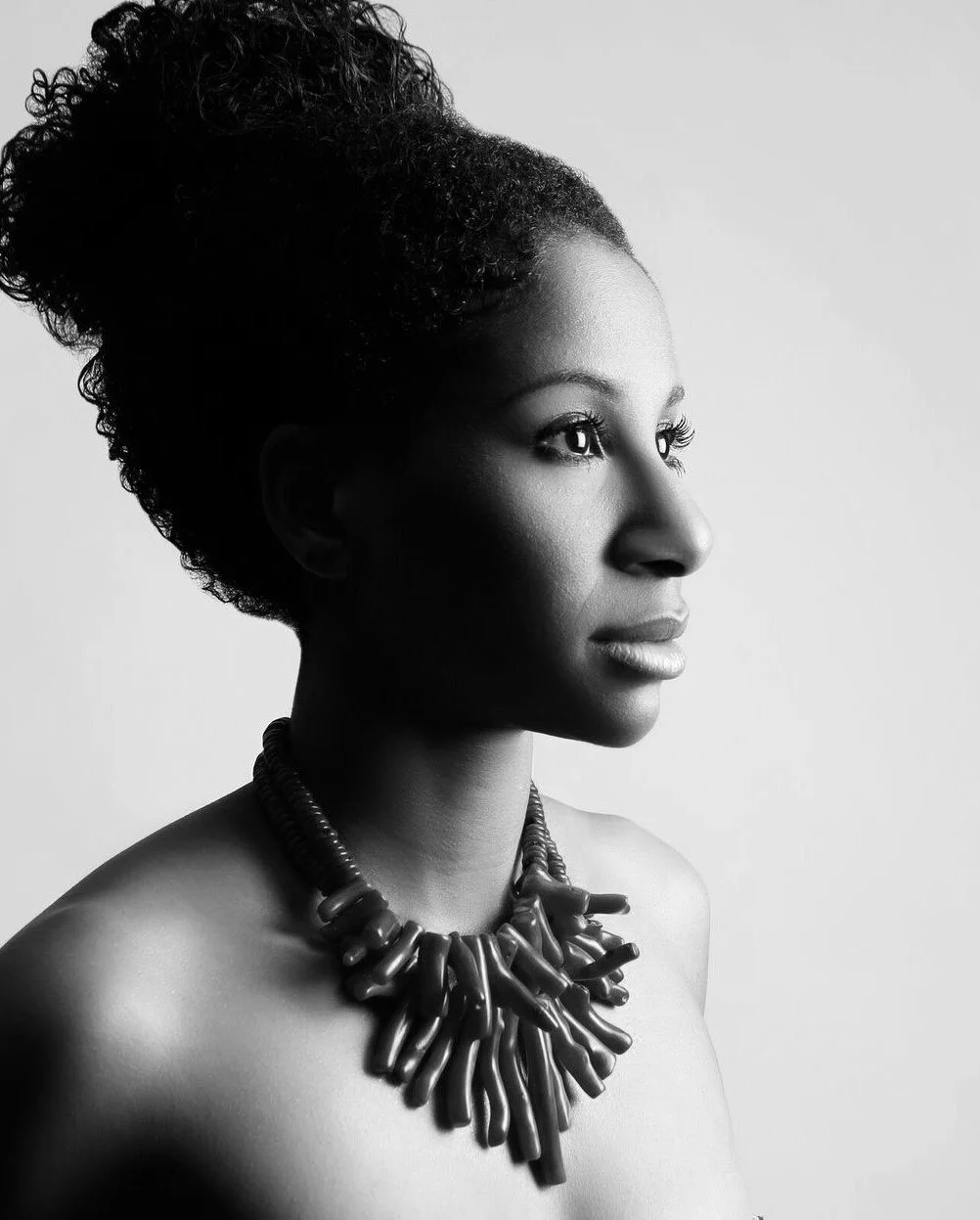DOBBY GIBSON's HOLD EVERYTHING
Dobby Gibson is the author of Polar (Alice James Books), which won the Alice James Award; Skirmish (Graywolf Press); It Becomes You (Graywolf Press), which was a finalist for the Believer Poetry Award; Little Glass Planet (Graywolf Press); and Hold Everything (Graywolf Press).
His poems have appeared in American Poetry Review, Harvard Review, The New Yorker, The Paris Review, New England Review, and Ploughshares, among other publications, as well as anthologized in books including Good Poems American Places (Penguin Books).
Interview by Isabelle Sakelaris
Many of your poems make references to music, like your daughter’s violin concert. You even name musicians, among them Miles Davis, Beethoven, Nina Simone, and David Lee Roth. You also use sonic techniques to great musical effect. For example, in “Stand Tall,” I really enjoyed the rhyme and rhythm of “a blacksmith with a knapsack / full of horse tack. Winters were as cold / and bright as surgery, yet I never / missed a meal” (9). Do you count any musicians among your influences? Do you think your poems are more like Miles Davis or Beethoven? And what role do sound and music play in your work?
It’s true, there’s a lot of music and musicians in this book. There’s also an ode to First Avenue, the Minneapolis music venue made famous by Prince and the movie “Purple Rain.” That poem celebrates First Avenue for the safe zone it creates for us to be our truest, weirdest selves. God knows we need these sanctuaries more than ever right now. My hope for Hold Everything is that the entire book might be that open and welcoming, hence its title.
Some elements in a poem require prior knowledge. But the music of it can appeal directly to the body, bypassing the doorbell cameras and hall monitors of our conscious mind. It can seduce, jar, soothe, activate, etc.. To be a poet requires thinking about the sound of language alongside its meaning. The two can blur. Sometimes, a word only has to sound right to be right. In those moments, a new kind of meaning is born, the poem shooting off fresh sparks.
I like listening to many different kinds of music as a way to change the weather inside me, which inevitably affects my poetry. I like reading interviews with musicians as a way of finding new possibilities for my poetry. Like Ornette Coleman saying, “I didn’t think you had to learn to play. I thought you just had to play to play.” I think about that quote all the time! That’s pretty much the entire secret to artmaking right there. It’s Zen perfect.
You also wrote a number of poems that take up poetry, poetic techniques, and etymology as subject matter, such as “Getting It Right,” “Small Craft Talk,” and “Prattle.” What do you think makes language so important, urgent, or interesting? How have you approached developing the craft of poetry, and do you have any advice for aspiring writers?
The longer a word sticks around, the more likely it is that other meanings accrue. Like clout, which today means status but originally referred to cloth. The shadowy histories of words contain ancient wisdom, hidden metaphors, and endless magic. This is my Carl Sagan voice saying: It is the elemental star stuff of poetry. “Getting It Right” focuses the telescope on a few strange etymologies so we can get a good look at them.
Since we’re talking about words, I’ll be honest, I’m wary of “craft,” as I hope the poem “Small Craft Talk” demonstrates. It’s one of those words, like “career,” that make me cringe when I hear a poet use it. “Craft” can be precious. “Career” is just too bureaucratic and LinkedIn. It makes me think of poets wearing ID lanyards and gathering obediently in a hotel ballroom for coffee and remarks. Everyone, it’s not too late to run!
I’m not sure my advice is worth taking, but I would say this to an aspiring poet: The more you can separate the way you make money from your art, the freer your art will be. Keep your poetry clear of bosses, provosts, obligations, chancellors, trends, and committees. As Mark Wunderlich says, “If you can’t be free in your life, be free in your poems.”
Graywolf Press
You’ve mentioned that some of your poems were written in correspondence. What is that writing process like? What sort of feedback do you look for from your readers?
Any poem I create feels like a correspondence, as I’m always writing in dialogue with the poems and poets that preceded me or might be to come. I have friends I correspond with almost entirely through the exchange of poems—both our own and other people’s poems we discover and admire. We text them back and forth as if we’re trading contraband. Speaking of etymology, “correspond” simply means “to respond together.” It’s a simultaneity.
It’s related to what we were talking about before: Poetry runs on a gift economy. Sending a poem into the world is like cooking someone dinner. You hope they will show up and think it’s delicious and ask for the recipe, but you can’t be sure. You’re not doing it because you expect anything in return. You’re simply doing everything you know how to do to create pleasure, surprise, delight, an experience that might be thought about again later. In order for any of that to happen, you have to be interested in what you’re doing first.
I was really struck by the poem “After Mehretu,” in reference to Julie Mehretu, an artist working primarily in abstraction. Would you consider “After Mehretu” an ekphrastic poem? What was it like responding to works of abstraction with words, which are by nature representational?
I’m glad you liked that one. I wrote it while walking through a Mehretu retrospective at The Walker Art Center in Minneapolis. It was impossible not to make something in response. Her canvases and drawings, so full of incredible and intricate mark-making, aerosolized possibilities, swirling gestures, created a contagious, physical response in me.
Coincidentally, I was just today listening to a podcast conversation between Eileen Myles and Mehretu, who were discussing the work of Joan Mitchell, another painter I adore—and another painter who is referenced in my book. In the podcast, Myles says, “…the reason you [as a poet] want a visual vocabulary is because you can’t [have it]. Because language isn’t enough in a way… I think that if you’re interested in both spaces, like poetry and painting, that neither one is enough.” I can’t say it any better than that, which is often the case with Eileen Myles.
You use the form of a sonnet and reference American Sonnets by poets such as Wanda Coleman and Gerald Stern, and more recently, Terrance Hayes and Diane Seuss. How would you define an American Sonnet, and what do you think makes the sonnet such an enduring, resonant form?
This is such a good question. My instinct is to attribute its persistence to the volta—the turn—which all traditional sonnets must contain. The volta demands that the poet argues the other side, contradicts herself, or dramatically swerves. You can’t write a sonnet without acknowledging that more than one thing might be true. Negative capability comes factory installed. Every poet wants that.
The sonnet also feels like the perfect length for a lyric. Any shorter, and you’re working in miniature, like one of those chefs fussing over food with tweezers. Any longer, and you’re at risk of rambling on like a talk-radio host. The sonnet is the martini or little black dress of poetry.
The thing about the so-called American sonnet is: I’m not even sure it’s a form at all. It’s more of a mode. The American sonnet is less about rules and more about the ways in which a poem can stand outside—but still in a loose relationship to—the European sonnet tradition, the way America itself does. The American sonnet is punk. It’s being anti-formal within a formal context, like wearing blue jeans to a black-tie event.
What I discovered about the sonnet in the process of writing so many of them for this book is the ways in which they can speak to one another, too, while also being in conversation with the history of the form. Another form of correspondence! Like this exchange, which I’m grateful for. Thank you, Isabelle.
Check out our other recent author interviews
Isabelle Sakelaris is an art writer and aspiring poet who lives and works in New York City.
Did you like what you read here? Please support our aim of providing diverse, independent, and in-depth coverage of arts, culture, and activism.







